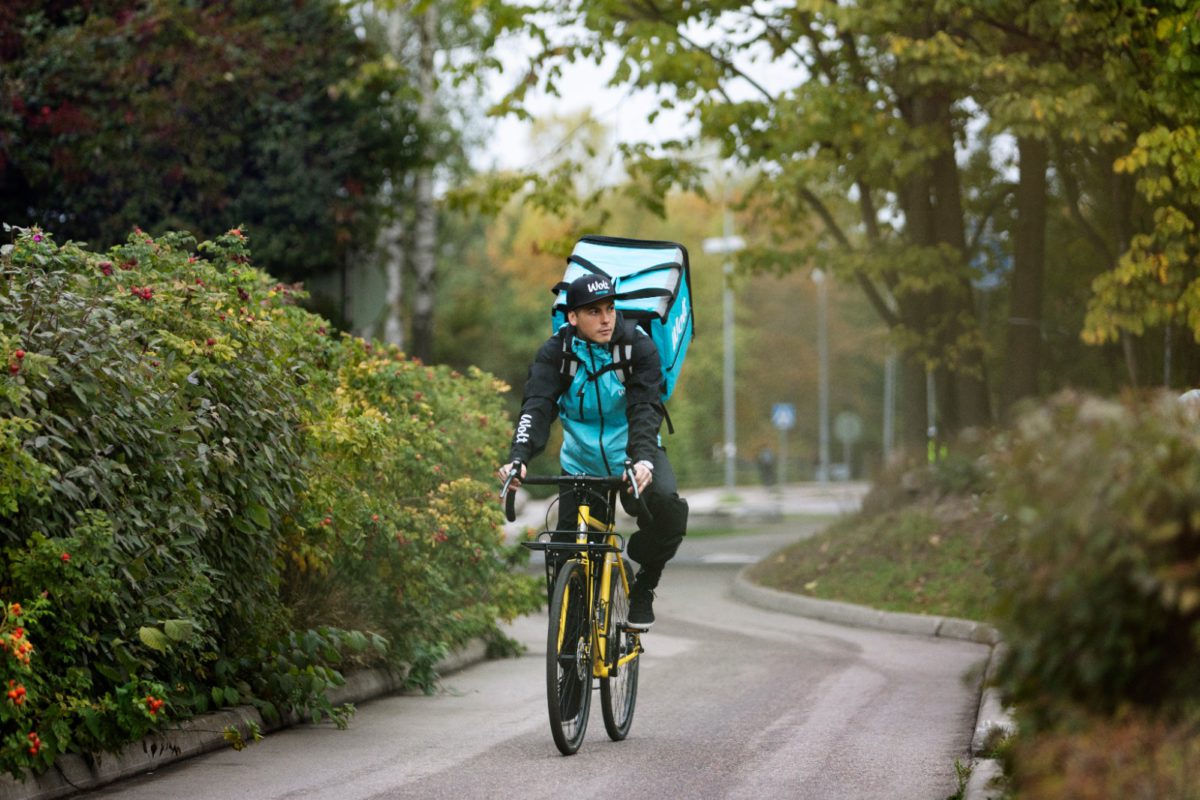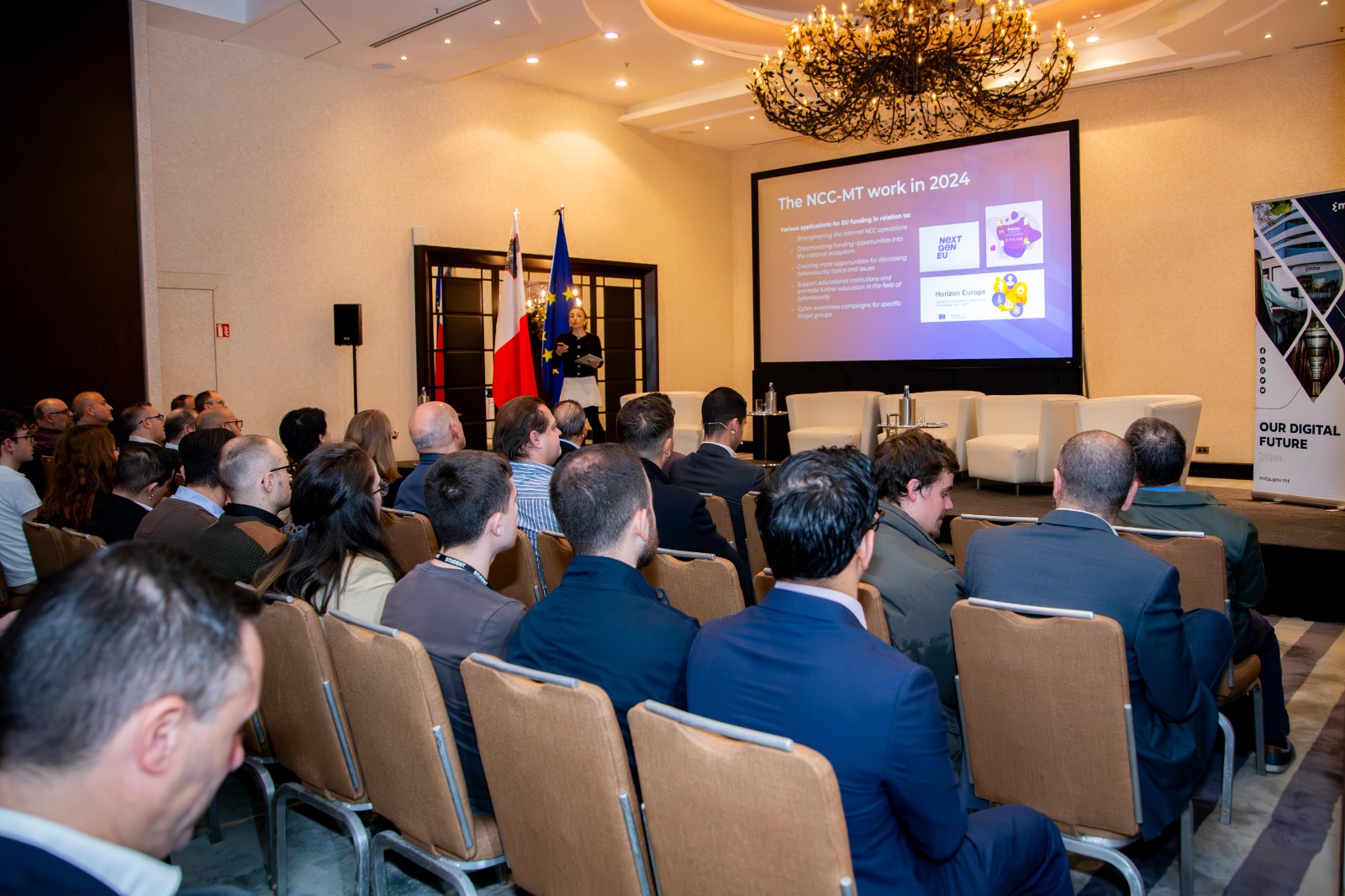In the wake of new restrictions, Malta’s food delivery providers have revealed massively increased demand, both by customers for deliveries and by restaurants seeking to register, causing cut service and registration backlogs.
Additional restrictions to restrain the spread of COVID, announced by the Government on Thursday, dictate that restaurants and snack bars have to close for everything except takeaway orders.
In comments given to BusinessNow.mt, local takeaway providers Time To Eat and Wolt described an explosion in demand since the new restrictions announced, both from restaurants wanting to register for their service, and customers trying to use their service.
On the part of Time To Eat, its CEO and co-founder Peter Hansen explained that the company had an “instant surge” in new restaurants wanting to come online “as fast as possible”.

Subsequently, he said, the company’s registration backlog is five to eight business days.
Similarly, Dimitris Karelos, Wolt’s General Manager for Greece, Cyprus and Malta commented there is a “small wait”, as “many restaurants have reached out” to register for Wolt’s service in recent weeks, but said the company was hiring staff for temporary positions to help mitigate the delay, and onboard new restaurants as fast as possible.

When asked for their predictions on the food delivery industry in Malta for the coming weeks, both Wolt and Time To Eat predicted increased demand, for delivery and registration.
Mr Karelos shared with BusinessNow.mt that Wolt expects “the following days to continue to be somewhat busy in terms of restaurant onboardings”.
However, Mr Karelos cautioned that Wolt is aware that “some restaurants might shut down temporarily due to not being able to welcome dine-in customers”, explaining the company understands “this is a difficult time for restaurants”.
It is currently unclear how many establishments are expected to onboard with Time To Eat according to Mr Hansen, who revealed the company already serves over 400 restaurants.
However, considering the time taken to onboard new restaurants versus the planned duration of the restrictions, he expects a 10-15 per cent increase in the overall amount of restaurants on the platform.
In fact, he comments, the company is seeing more registrations in the wake of this announcement than it did during the initial lockdown instituted in March 2020.
This, he believes, is because “a year ago we were all hoping this [COVID and its accompanying lockdown] to pass quickly and restaurants were still expecting to get their summer sales”.
Both providers predicted customer demand to increase, though Wolt commented that “the beginning of the year tends to be busy in our industry, and we were expecting to see some busy weekends even without the new restrictions”.
Furthermore, it said it expects busy weeks now to be balanced out by quieter weeks in the summer.
It presented an optimistic outlook of its ability to fill demand, saying, “we do our best to keep everything running smoothly for our customers and partners at all times, and are positive about our chances to do so in the coming weeks as well.”
Similarly, in the coming weeks, Time To Eat expects higher demand, especially on Friday and Saturday evenings.
Unfortunately, in the case of Time To Eat, which only works with one courier company, there is only a limited fleet available to serve many restaurants, which means that sometimes the company has to stop its delivery service during peak hours.
The company does so, it said, because it is “not interested in working with courier companies who are taking advantage of the situation and who use human beings as slave labour”, as “we are living in 2021 AD not 2021 BC”.
Time To Eat comments that as opposed to their competitors, who use gig workers, all the couriers used by its delivery provider are “registered and employed”.
In recent months, a debate has raged around the merits of so called “gig employment”, which sees staff for app-based ride sharing and food delivery services classified as “self-employed”, and work without the benefits or protections of more traditional full-time and part-time workers.
In Malta, it has been revealed that there are over 1,200 self-employed courier and driver contracts that contravene Maltese law on third-country nationals not being self-employed.
‘Rabbit is one of the national dishes of Malta, so it’s important that we had it on the menu’ – Simon Rogan
Chefs Simon and Oli share their culinary inspirations from local seasonal produce
Inflation rate in November 2024 down to 1.3%
The inflation rate went down again after an uptick in October
Building a safer digital future: Cybersecurity in Malta gains momentum
MITA-NCC’s CYBER Breakfast reflects on where the cybersecurity landscape is at, as it gears up for 2025 initiatives






